
I’m repainting the master bedroom and started with the kiva fireplace. It was the same white as the walls before, so I’m happy with how it stands out now. The walls are next, in a creamier shade. Will try to post pics!
As some of you may or may not know, I used to study with a Taoist martial arts school. We trained in internal Chinese martial arts, but also in the corresponding mental, emotional and physical work it takes to clear your mind enough to grow as a person.
Our teacher was forever reminding us to be wary of spiritual pride. It’s easy, when you finally begin to get somewhere in this really difficult transformation of self, to feel like YOU ARE THE SHIZ. There’s a great temptation to feel better than everyone else. You can see this in people of all religions – where the phrase “holier than thou” comes from. Taoism is all about finding the middle path and part of that balance is feeling good about what you’ve accomplished, giving yourself well-deserved credit for hard work rewarded, while avoiding going too far into hubris and overblown ego.
What does this have to do with writing?
As if none of us have seen those successful authors who are all ego and no sanity. In fact, I think some of the recent #metoo outings of Big Name Authors who’ve sexually harassed *many* people are partially a result of this entitlement. I can see it between the lines of their “apologies.” They thought they were special and untouchable and could take whatever they wanted – and often did.
Those are extreme cases, for the most part, and can happen to anyone who reaches that level of fame and fortune (if they’re not careful).
But there’s another trap I’ve been seeing a lot of newer authors fall into that’s just as, if not more dangerous. That first Big Success.
Now, for a lot of us, that never happens. Or it happens so late that we’re so thoroughly humbled by then that we’re not in danger. That’s how it was for me. By the time I won my RITA® Award for THE PAGES OF THE MIND, that was my eighteenth published book. I was *really* used to not being much of a deal at all. In fact, it’s still surprising to me when people treat me like something special. I think I was lucky that way, as much as I hated slogging through all that, because my career has grown gradually enough that I’ve grown mentally with it.
Other authors – and we often know a lot about them because they make that big splash – hit it big right off the bat, in some way or another. Their first published story is nominated for a big industry award – and they might be nominated for a “best new writer” type award. They get a snazzy debut book deal, maybe even six figures. They might win a high-profile contest that gets them that book deal. All of these things are wonderful! I sure wished they’d happened for me.
At least, I did then. Now I’m grateful I didn’t have to go through that.
It’s a dangerous place to be, after that first big score, because they feel proud, excited, and giving themselves major strokes for succeeding in a difficult business. And they should, because it’s well-deserved. But it’s easy to stray too far to the other side of the path. Writers I’ve known – and didn’t know, but observed – tend to think that they have it down. That they know the “rules” and succeeded because of that. They think they are the shiz, when really they’re still brand-new authors with one or two publication credits. With this tremendous validation, however, they proceed as if they possess all the wisdom, often handing out advice.
This advice tends to be terrible in a very standard way. “Just write a Really Good Book.” “Follow these rules.” “Use this method.” This is because they don’t really know how they did it. And that is because a whole lot of it had to do with luck, not their craft. Learning and wielding our craft comes in with writing the second book. And the fifth. And the eighteenth.
Perhaps this is the cursed face that every great gift brings – and those writers will find their way through it. I don’t really have advice for them – and not only because they’re unlikely to listen to me, when they’ve done what I didn’t – but my caution is for everyone else. It’s tempting to look to these superstars and give what they say more weight. After all, who doesn’t want what they have? So we hear them say things like “Just write a Really Good Book,” (I can’t tell you how many times I’ve heard this one from a writer with a snazzy new book deal) and we come away half exhilarated and half in despair. Because how the hell do you DO that? And we stare at our blank computer screens – or our list of publications that didn’t get six-figure deals – and we wonder why we didn’t write “a Really Good Book.” Maybe we’ll listen when they say to follow this rule or that, or we’ll slavishly use the method they recommend.
Don’t do this. If you need advice – which we all do – get it from the authors who’ve been around the block a few or thirty times. It’s pretty much universal advice not to be distracted by the New Shiny, and that includes publishing’s newest darling. Congratulate them – they should enjoy the ride – and then put your eyes back on your own work.
In the end, that’s the only way to write that Really Good Book.
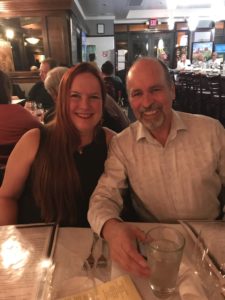
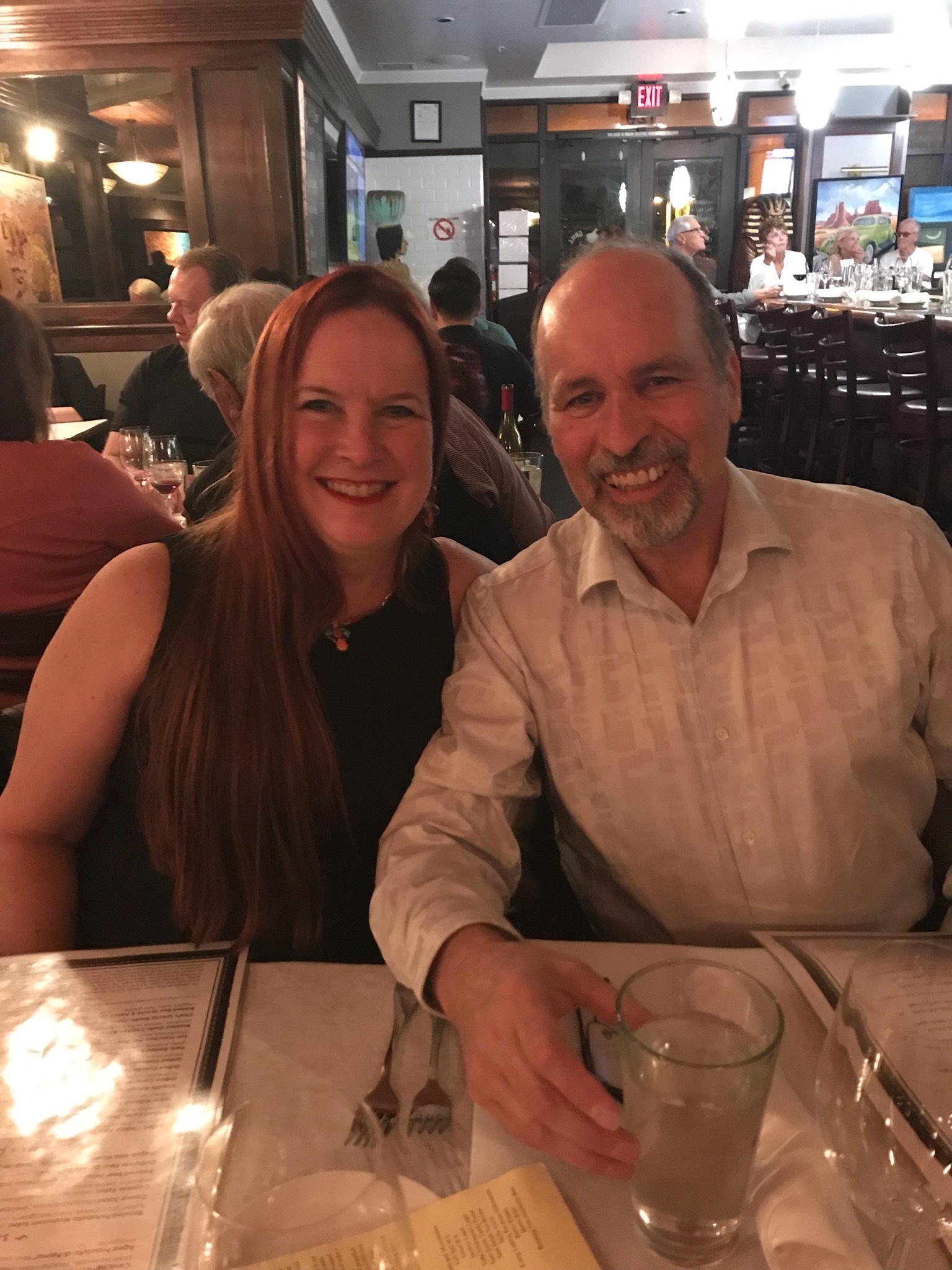
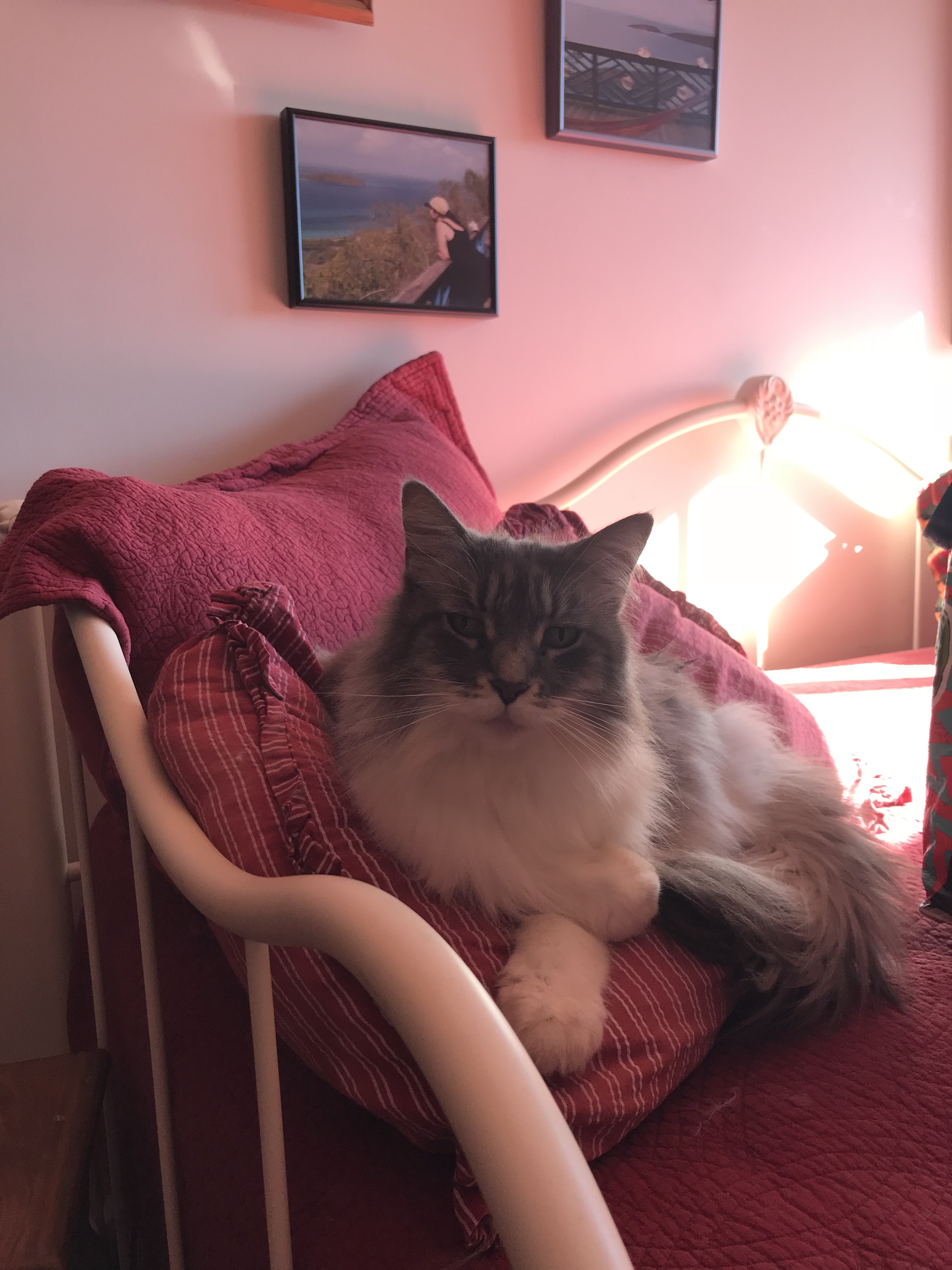
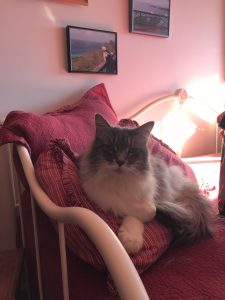


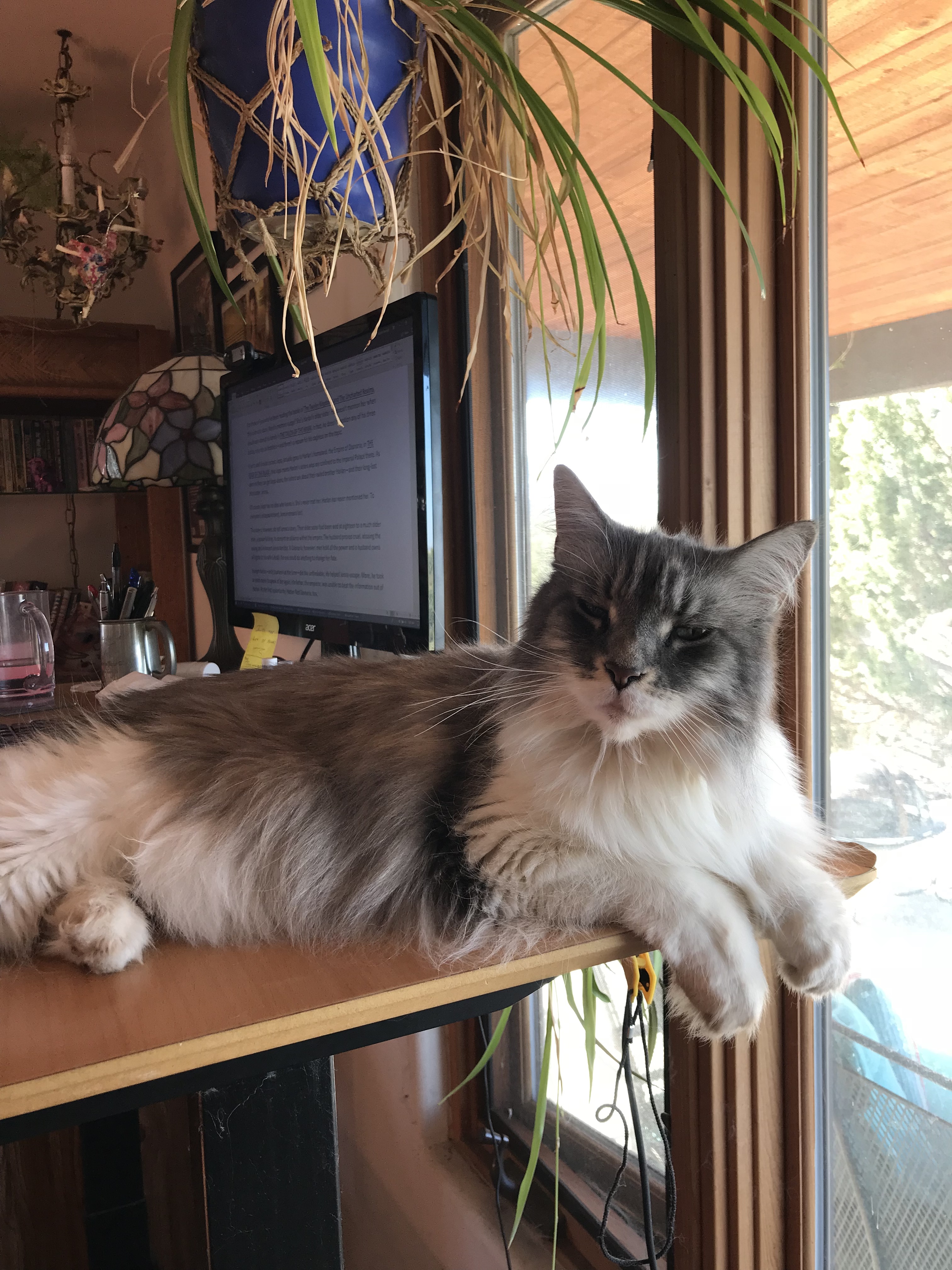

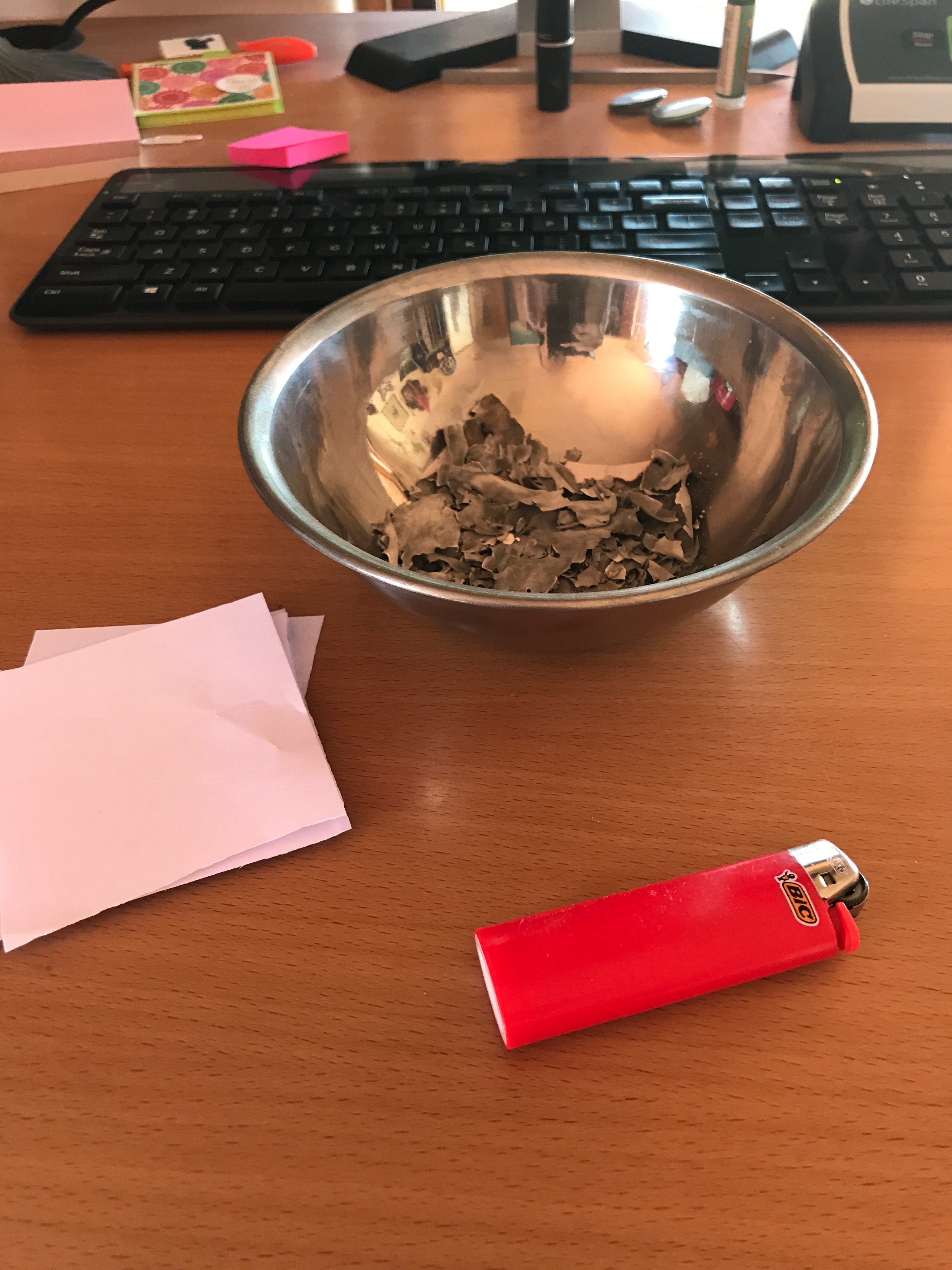
 Something I get asked quite a bit in the various workshops I teach, is essentially how to deal with the inner critic. The questions come to me like this:
Something I get asked quite a bit in the various workshops I teach, is essentially how to deal with the inner critic. The questions come to me like this: I’ve been seeing some scuttlebutt scuttling ’bout the interwebz (which of course – besides porn – is what it’s for) about how access to advice from successful authors leads to a toxic environment. By this the posters mean that finding out when X gets up or how many words Y writes each day can lead to another writer feeling despondent at their failures to meet some sort of similar standard. The (semi)inevitable conclusion seems to be “don’t listen to them, you do you.”
I’ve been seeing some scuttlebutt scuttling ’bout the interwebz (which of course – besides porn – is what it’s for) about how access to advice from successful authors leads to a toxic environment. By this the posters mean that finding out when X gets up or how many words Y writes each day can lead to another writer feeling despondent at their failures to meet some sort of similar standard. The (semi)inevitable conclusion seems to be “don’t listen to them, you do you.”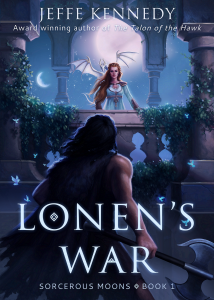 I’m headed home from #RWA16, the Romance Writers of America annual conference, which was in lovely San Diego this year. This was a truly wonderful gathering this year.Grateful for this community that always leaves me refreshed and supported.
I’m headed home from #RWA16, the Romance Writers of America annual conference, which was in lovely San Diego this year. This was a truly wonderful gathering this year.Grateful for this community that always leaves me refreshed and supported.
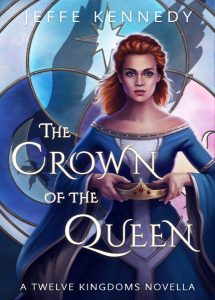
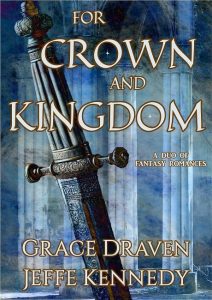
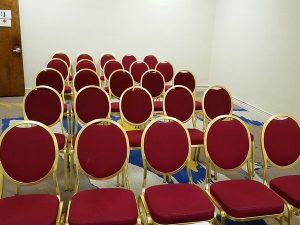 Announcing the freshly painted (though somewhat still bare of decoration)
Announcing the freshly painted (though somewhat still bare of decoration) 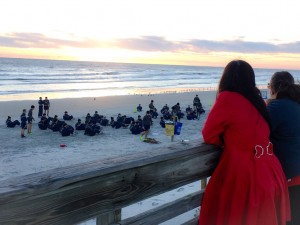 Thanks to
Thanks to